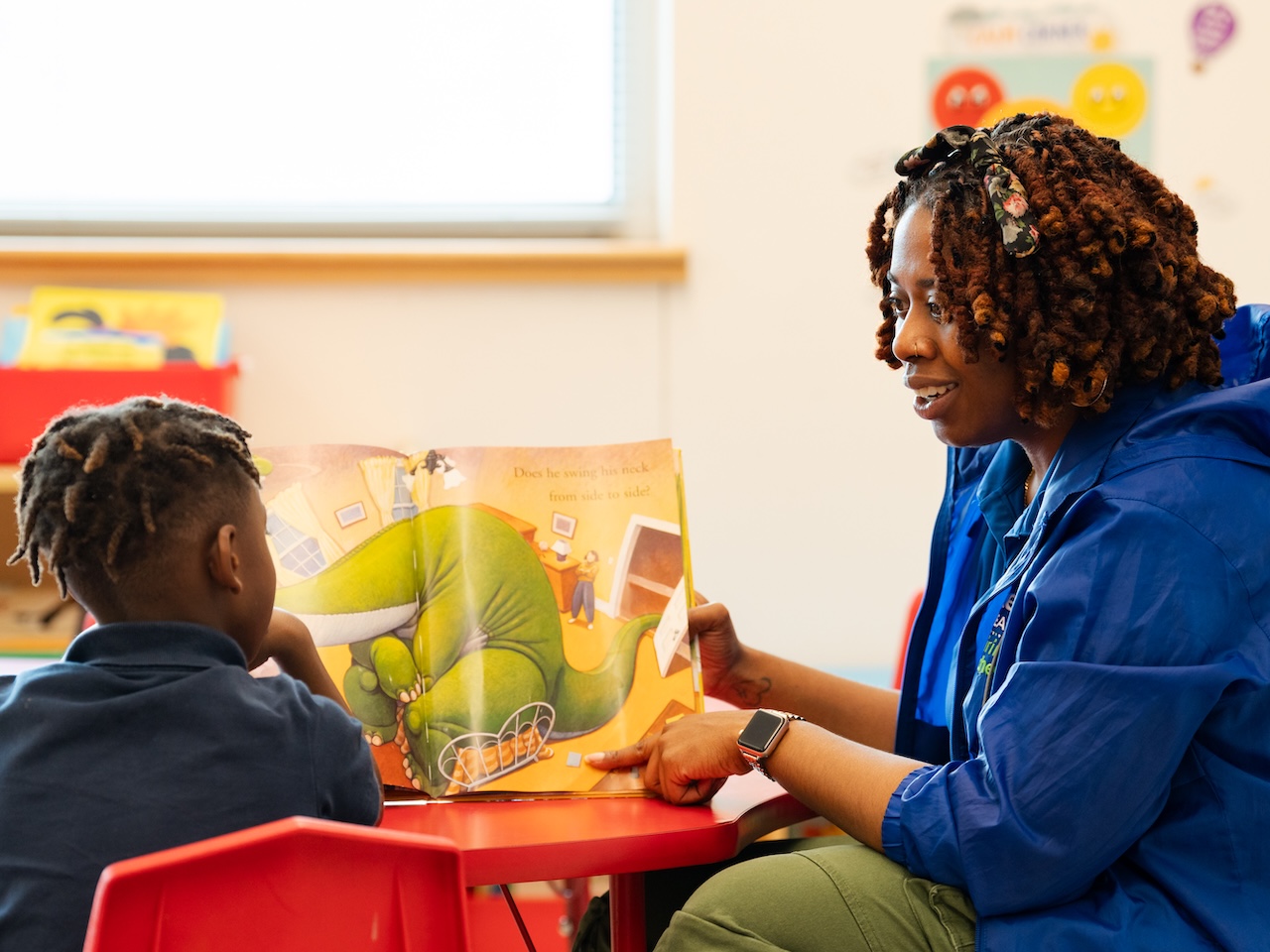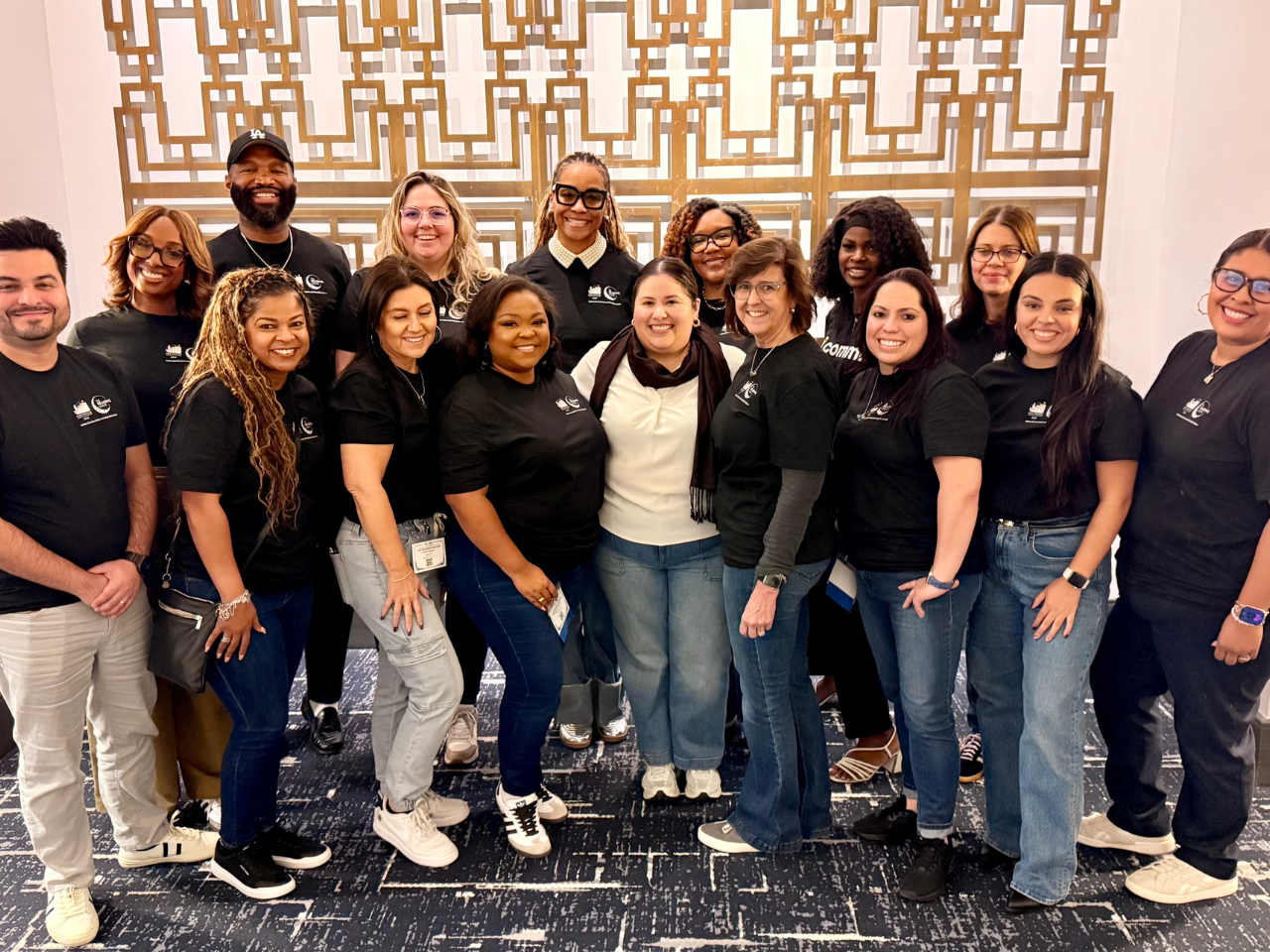How instructional coaching can shift educational outcomes




In recent years, school systems across Dallas County have taken intentional steps to improve instruction and support student outcomes, particularly for students in historically underserved subgroups, and steady progress toward this goal can be seen in recently released assessment data.
But at the same time, school system leaders are contending with persistently high teacher turnover and an ever-tightening labor market, forcing many to rely heavily on teachers who lack any sort of in-service training or even official certification. Each of these developments has significantly increased the importance of instructional coaches.
Traditional instructional coaches dedicate and protect their time for the classroom, working alongside educators to plan lessons, do classroom observations, analyze student learning, and provide feedback. Other roles—such as deans of instruction, demonstration teachers and mentor teachers—also support educators by coaching them while continuing to serve in their respective roles.
Instructional coaching provide job embedded support to teachers to improve instructional practices. Coaches offer a partnership with teachers that allows them to, as one example, better understand and implement new high-quality curricula being rolled out across many of our Dallas County districts. Research shows that instructional coaching had an even greater impact on instruction than other data-backed interventions such teacher pre-service training, merit-based pay, professional development, and extended learning time.
While instructional coaches provide great help to campuses and districts across the educational system, they still experience limited support to effectively continue to offer their service. Research also shows that limited time and funding is dedicated to deepening coaches’ own professional learning—support that is essential to advancing their practice and increasing impact.
A learning community is essential to building instructional coaches’ knowledge and impact— especially now as the amount of uncertified and first year teachers remain high
To best support teachers, we need a strong instructional system – and strong instructional coaching is a key component.
That’s why Commit is proud to offer support for instructional coaches across each of the Dallas County school system we serve. The Dallas County Coaching Summit (DCCS) is an initiative that offers a learning community for campus and systems-level leadership whose roles primarily involve instructional coaching to support teacher growth and development in order to improve student outcomes. It is the largest county-wide coaching learning network in Texas, dedicated to creating spaces for more intentional community and collaboration.
This year, up to 14 districts in Dallas County have signed up to attend the DCCS, where campus and district-based professionals will have the opportunity to explore how the program bridges isolated initiatives into a unified coaching strategy. There, they’ll dive into effective instructional practices for elementary numeracy and reading-language arts, and secondary math and reading-language arts to strengthen foundational knowledge. This can be directly applied on their campuses through various forms of implementation strategies like Implementation Campuses and Cross-district Learning Walks.
According to Education Resource Strategies, “tracking impact and adapting your approach based on what you learn through a structured continuous improvement process helps ensure that, no matter the level of investment in instructional coaching, the returns on that investment continue to improve over time.” The implication is clear: regardless of the size of the school system or its budget, a focus on high-quality instruction and continuous improvement is paramount.
If we continue to invest in instructional coaching and view it as a key strategy to strengthen teacher growth and student across campuses and districts, we’ll begin to see an even greater change in the educational landscape.
Each campus and district’s commitment to instructional coaching represents a critical investment in equipping educators to deliver high-quality instruction across all grade levels. That work begins with building a comprehensive support system— one that ensures instructional coaches feel equipped and teachers to feel encouraged to cultivate classroom experiences that nurture students’ growth, and inevitably, improve student outcomes across our public education system.
Want to learn more about building robust instructional frameworks supported by high-quality coaching? Reach out to Commit Chief Regional Impact Officer Sile Robinson at sile.robinson@commitpartnership.org to learn more.








.avif)